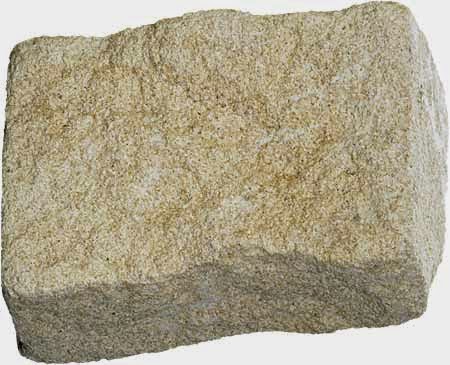This week, we are taking a break from our
Elements, Compounds and Mixtures topic. With the 20th Commonwealth Games opening in Glasgow this week, we are doing some work on the science of the Commonwealth Games.
Tuesday
Today, we chose a sport and looked at the past winners. We looked for any trends: are times getting shorter, or distances getting farther; are any countries dominant, and could there be a reason for this?
Wednesday, Friday and Next Week
We are working with a Year 7 class. We have been given a sport to study the Science of, and carry out a "Fair Test" (investigation) on: cycling, shotput, netball, lawn bowls, swimming or sprinting. Can we find some Science to help New Zealand win GOLD?
WEDNESDAY
 |
| One of the Bronze-Medal winning Quiz teams - Wales |
Today, we were put into groups, mixing up the Year 9 and Year 7 students. We had a quiz about the history of the Commonwealth Games and discussed a couple of issues:
- How does the training of a marathon runner differ now (just before competing) and four years ago (when they are trying to qualify)?
- Is there a place for performance-enhancing drugs in sport? If everyone used them, is it really cheating?
 |
| Kenya finished out of the medals in the quiz, but worked well as a team! |
FRIDAY

Today, we learned about the sports we are expected to investigate:

- England and Scotland need to investigate track cycling. Which gear is best to use over a distance of 20 metres?
- Australia need to investigate shooting in netball. What is the relationship between angle and distance/height?
- Canada need to investigate shotput. What is the relationship between angle and distance?
- Wales and Malaysia need to investigate lawn bowls. How does the speed affect the amount of curve on the lawn bowl?
- South Africa need to investigate swimming, particularly reaction times to give their athletes the best chance of a good start to the race.
- Kenya need to investigate athletics, also focusing on their reaction times.
















